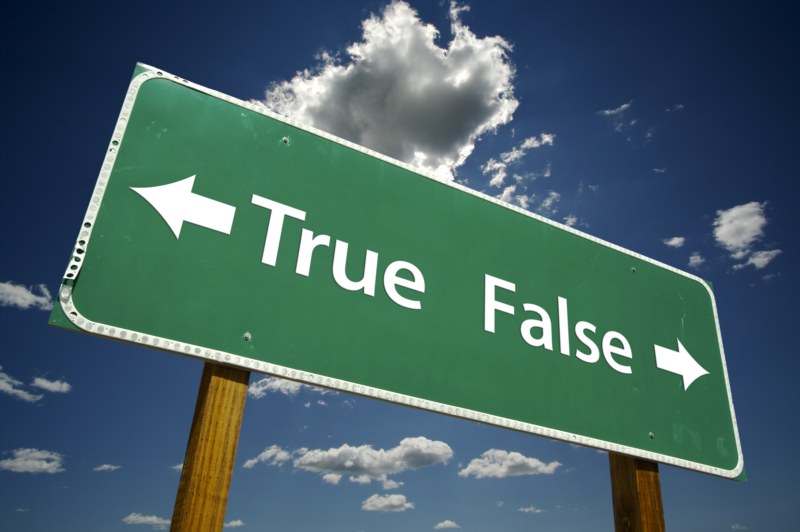Early this month, Emily Johnson Dickerson died. She was the last monolingual speaker of the Chickasaw language. She was the last person alive whose worldview was completely Chickasaw--who could not separate the language from herself.
I didn't know Emily Johnson Dickerson. And I'm not Chickasaw. But reading about her got me to thinking. About language. About history. About power--and the lack of it. And about how all of that comes across in writing.
---
For as long as I can remember, I have been deeply interested in language and words. It might be genetic--my mom was a competitive Scrabble player, traveling across the country for meets. It might also be related to where I'm from--my hometown of New Orleans is home to a vast array of accents and dialects that have developed over almost three centuries of immigration, emigration and cultural mixing between Native American, European and African groups. Long before I'd ever heard of the Tower of Babel or Linguistic Relativity or Determinism, before Noam Chomsky blew my mind, I was interested in what it meant that I called that strip of grass in the middle of the road a neutral ground while my Georgia cousins called it a median.
When, in middle school, I started studying Latin, my interest in language was heightened. Seeing the relationship between those ancient, foreign words and my own was something magical. Later, when my English class read Sandra Cisneros' The House on Mango Street (in which the main character, Esperanza, explains that "In English my name means hope. In Spanish it means too many letters."), I started to think more about the risks, the negative consequences, how these magical codes could isolate us, limit us, keep us apart. I started to think about the linguistic changes that have occurred in my own city, my own family, my own life. Why do my parents and I speak English instead of the West African languages of our enslaved ancestors? Or the Dutch and perhaps Yiddish of the European Jewish slave traders who also contributed to our blood? Why don't I speak the French spoken by my octaroon great-grandparents?
Those are all questions for which, if I look to history, I can find satisfactory answers. I don't speak Senegambian because my ancestors who spoke it were forced to assimilate into French and Spanish speaking societies. I don't speak Dutch or Yiddish because my ancestors who spoke it didn't claim us as part of their line and, as such, didn't ever introduce us to their mother tongues. I don't speak French because, after Louisiana became a state, the Americans privileged English and coerced (read: forced) the population to learn it.
But there is a question that is, for me, more troubling. Why do I code-switch the way I do--why am I writing this blog post in this language instead of the New Orleanian African American English I use at home? I know the answer. The answer is that I learned to write in Standard American English. SAE is what I learned to use in school. SAE is part of what allows me to be inside the discourse community that I want to be inside of, to be a member of The Academy, to be part of the club. But even though I want access to the world SAE opens for me, I worry about what I'm sacrificing to be in that world.
I often joke that I'm not a creative writer--that I think it's all magic and wizardry and I respect it and value it (or maybe envy it) but I can't do it. But I think maybe the real reason is more than that. I think part of my struggle with creative writing is that, were I to write my world, it would need to be in the language I speak. But I can only write in SAE.
So, I'm wondering. Creative writers, you magical, wonderful, talented people: how much--if at all--does your language (not so much your content or style, but your actual language) change when you're switching between creative and non- (or less) creative work? Code-switchers: to what degree do you feel like you control your switching? Poly-glots: can you use your multiple languages with the same ease in all subjects? And readers: who are some of your favorite writers who write outside of standard language forms?
Tell us--or write us, as it were.



